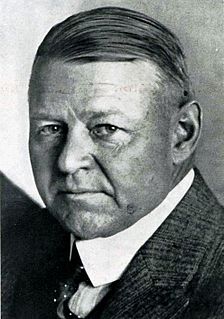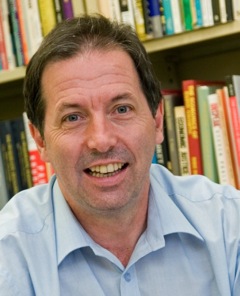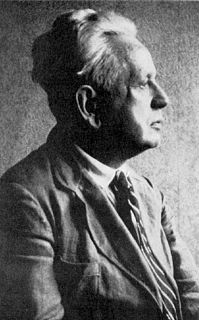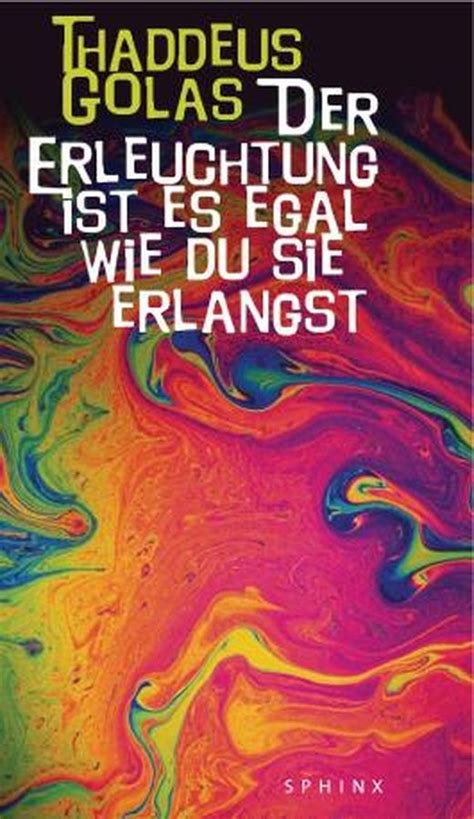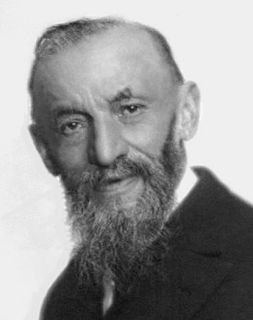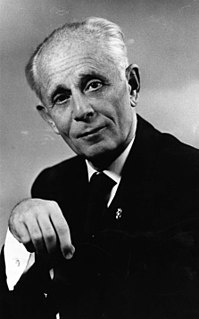A Quote by George Henry Lewes
Whatever lies beyond the limits of experience, and claims another origin than that of induction and deduction from established data, is illegitimate.
Quote Topics
Related Quotes
Science as we now understand the word is of later birth. If its germinal origin may be traced to the early period when Observation, Induction, and Deduction were first employed, its birth must be referred to that comparatively recent period when the mind, rejecting the primitive tendency to seek in supernatural agencies for an explanation of all external phenomena, endeavoured, by a systematic investigation of the phenomena themselves to discover their invariable order and connection.
Data isn't information. ... Information, unlike data, is useful. While there's a gulf between data and information, there's a wide ocean between information and knowledge. What turns the gears in our brains isn't information, but ideas, inventions, and inspiration. Knowledge-not information-implies understanding. And beyond knowledge lies what we should be seeking: wisdom.
I want to be remembered as an imaginer, someone who used his imagination as a way to journey beyond the limits of self, beyond the limits of flesh and blood, beyond the limits of even perhaps life itself, in order to discover some sense of order in what appears to be a disordered universe. I'm using my imagination to find meaning, both for myself and, I hope, for my readers."-Clive Barker
In every science, after having analysed the ideas, expressing the more complicated by means of the more simple, one finds a certain number that cannot be reduced among them, and that one can define no further. These are the primitive ideas of the science; it is necessary to acquire them through experience, or through induction; it is impossible to explain them by deduction.
Random search for data on ... off-chance is hardly scientific. A questionnaire on 'Intellectual Immoralities' was circulated by a well-known institution. 'Intellectual Immorality No. 4' read: 'Generalizing beyond one's data'. [Wilder Dwight] Bancroft asked whether it would not be more correct to word question no. 4 'Not generalizing beyond one's data.


